Tonino war
- La Russia Azzurra II -
Etching and aquatint
22 x 22 cm
Signed and numbered by hand by the artist on the front
No. 100 specimens
GRAPHIC OPERATION IN PERFECT CONDITION (INTONSA), NOT FRENTED.
Complete with certificate of authenticity and origin (signature and dry stamp stamp with photographic reference and numbering)
The images of numbered / framed specimens are for an illustrative purpose.
Published in the catalog: Tonino Guerra, (edited by) Rita Giannini, Rimini, Tipertì, 2010.
BIOGRAPHY
A poet, writer and scriptwriter of internationally renowned, was born on 16 March 1920 in Santarcangelo di Romagna, where he disappeared on March 21, 2012.
Lived for thirty years in Rome, with long stops in Russia, which became his second homeland, at the end of the 1980s he moved to Pennabilli, an ancient Malatesta city of Montefeltro, where long summer periods used to spend long, and in which he is buried .
Son of peasant parents (to the illiterate mother will teach to write), during the Second World War it is deported to Germany and locked up in a field of internment where he begins to compose the first verses in the Romagna language. In the immediate post-war period he publishes his first collection of poems in dialect, the Scarabócc. To this follow others, including the Bu (1972), milestone in his literary work. As a prison he debuted in 1952 with the story the story of Fortunato, published in the einaudi necklace the tokens directed by Elio Vittorini. Publish fifty books between stories and poems, winning numerous awards: Pirandello, the Pasolini, the Gozzano, the Nonino, the Carducci and the Commisso.
From the early 1950s he dedicated to the screenplay and wrote for the greatest directors of the time, including Vittorio de Sica, Michelangelo Antonioni, Federico Fellini, the Taviani brothers, Elio Petri, Mario Monicelli, Francesco Rosi, Theo anghelopulos and Andrej Tarkovskij. Over 120 the films from him scripted, from the adventure of Antonioni to Amarcord by Fellini, winner of the Oscar Award. In his long career he collected four David of Donatello, three Oscar nominations, the European cinema oscar as a better screenwriter and a golden palm in Cannes.
Multidisciplinary artist, in the way of the great humanists of the fifteenth century, expressed the themes of his poetry in the most diverse artistic forms, as evidenced by the collection of his works on display at the Permanent Museum in the world of Tonino Guerra in Santarcangelo di Romagna.
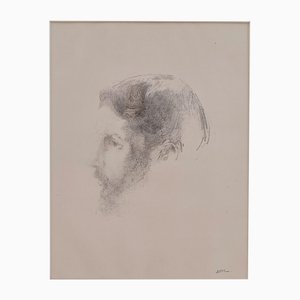
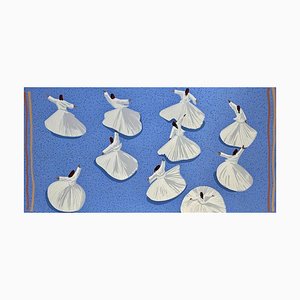
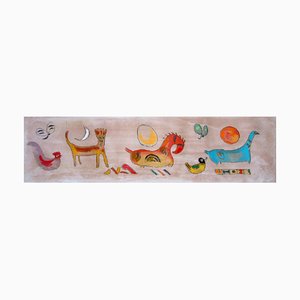
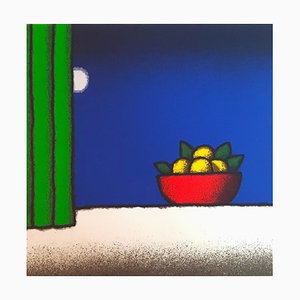
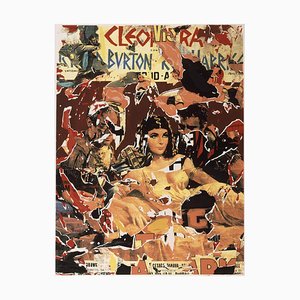

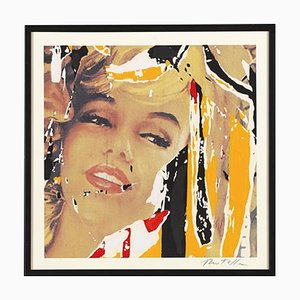
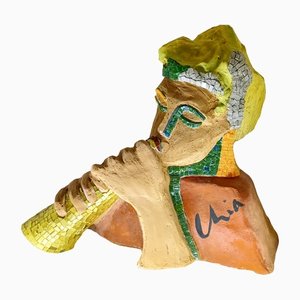
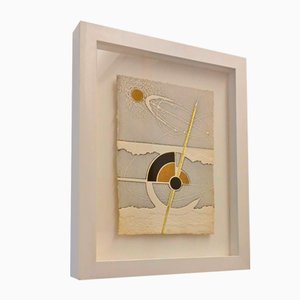
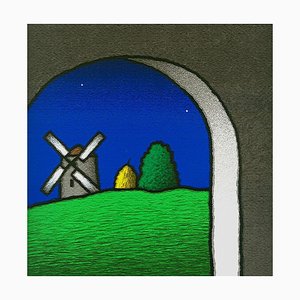

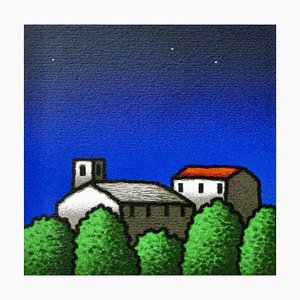
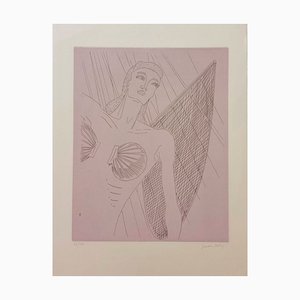
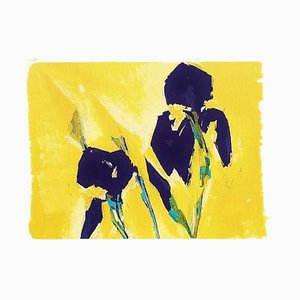
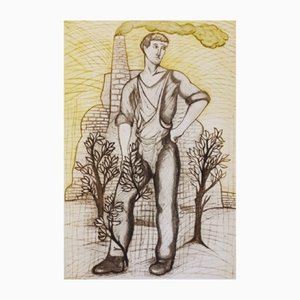
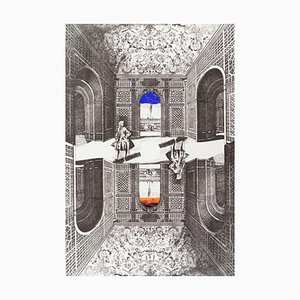
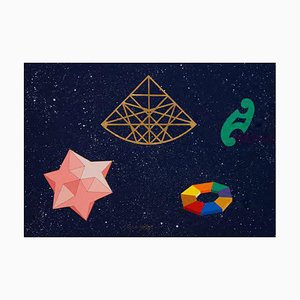
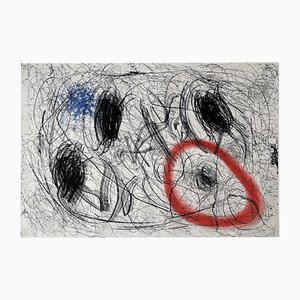

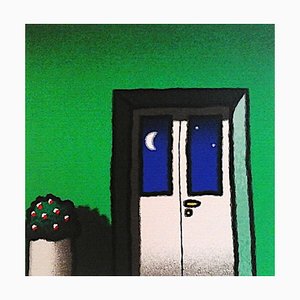
Get in Touch
Make An Offer
We noticed you are new to Pamono!
Please accept the Terms & Conditions and Privacy Policy
Get in Touch
Make An Offer
Almost There!
To follow your conversation on the platform, please complete the registration. To proceed with your offer on the platform, please complete the registration.Successful
Thanks for your inquiry, someone from our team will be in touch shortly
If you are a Design Professional, please apply here to get the benefits of the Pamono Trade Program